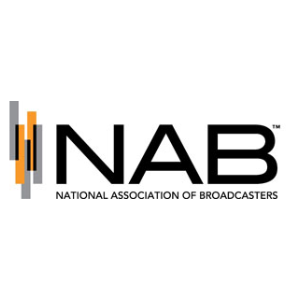
After a petition from the NAB, the FCC Media Bureau granted a partial extension for the filing of comments and replies concerning the regulation of AI-generated content in political ads. The Notice of Proposed Rulemaking would require clear disclosures from broadcasters when artificial intelligence is used in political advertisements aired on radio and TV.
The NAB and the Motion Picture Association argued the need for more time due to the complex and novel issues presented by the proposed rules, including complex factual and legal inquiries that demand extensive research. However, the FCC only partially granted the requested extension, adding 15 days for comments and 22 days for replies, rather than the 30 and 45 days sought by the filers.
Originally set for September 4 and 19 following the Notice of Proposed Rulemaking published on August 5, the deadlines have now been extended to September 19 and October 11, respectively. The new dates make it increasingly unlikely that the FCC could apply the disclosure rule during the current campaign season.
There are currently hundreds of comments on the NPRM, mostly from private citizens.
FCC Media Bureau Chief Holly Saurer said, “We find that the Joint Filers have provided sufficient justification to warrant a brief extension of the comment and reply comment deadlines. An extension will serve the public interest by enabling interested parties to present more complete and thoughtful comments to inform the Commission’s deliberations in this proceeding.”
NAB SVP of Communications Alex Siciliano told Radio Ink, “NAB is pleased the FCC has extended the deadlines for comments on these proposed regulations. This additional time will allow for more thorough and thoughtful input on an issue of first impression that has significant implications for our political discourse.”
The NPRM has fed into the partisan rift across DC, as Democrats praise the measure, but Republicans openly opposed what they call the FCC’s “meddling” in the political process. Despite Republican opposition claiming FCC overreach, the Democrats argue the FCC has clear jurisdiction and a historical role in regulating political ads since 1938.
The Federal Election Commission has opted not to pursue rulemaking on AI in political ads, leaving space for the FCC’s actions. However, Republican efforts to block the FCC’s proposed rules continue, with Senators Cynthia Lummis and Mike Lee introducing legislation to prevent FCC involvement in election-related AI transparency.







This looks absolutely perfect. All these tinny details are made with lot of background knowledge. I like it a lot. This was a useful post and I think it is rather easy to see from the other comments as well that this post is well written and useful.